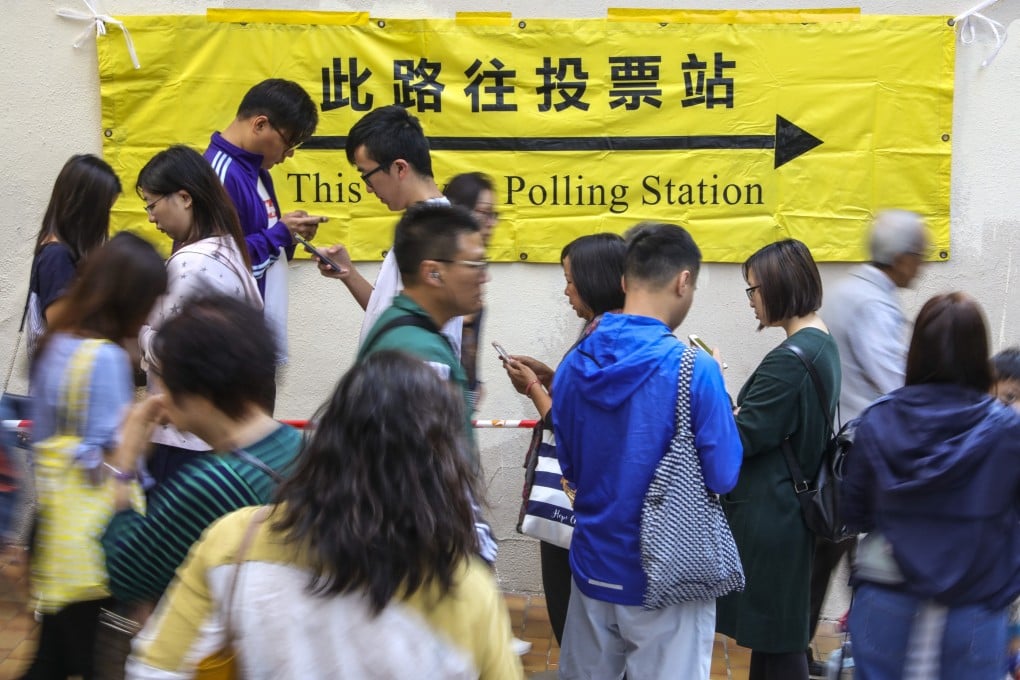Advertisement
Hong Kong leader Carrie Lam questions value of political opposition that doesn’t contest elections, insists city’s system still open to differences of opinion
- Chief executive reacts day after pro-Beijing veteran Lo Man-tuen warned the Democratic Party not to boycott polls
- Group’s chairman says loss of district councillors has hampered its efforts to mobilise, questions how a leader who divided city hasn’t resigned
Reading Time:3 minutes
Why you can trust SCMP
15

Hong Kong’s leader said it would be strange for opposition parties not to run in elections, adding the city’s political system remained inclusive even after Beijing’s drastic overhaul.
Chief Executive Carrie Lam Cheng Yuet-ngor questioned the point of a political party’s existence if it did not fully participate in the electoral process, a day after pro-Beijing veteran Lo Man-tuen warned the Democratic Party, the city’s largest opposition political group, not to boycott coming polls.
Lo, a vice-chairman of the All-China Federation of Returned Overseas Chinese, said the party should continue to take part as usual, or at least allow members to run for elections.
Advertisement
“The Democratic Party’s way out is to eliminate its anti-Communist beliefs, and to take part in elections as usual … If it bans members from participating in polls, there’s only a dead end for it,” he wrote in the Ming Pao newspaper.

Advertisement
Asked on Tuesday if she agreed with Lo, Lam said her understanding was that a political party existed “to comment on or take part in politics”.
Advertisement
Select Voice
Choose your listening speed
Get through articles 2x faster
1.25x
250 WPM
Slow
Average
Fast
1.25x